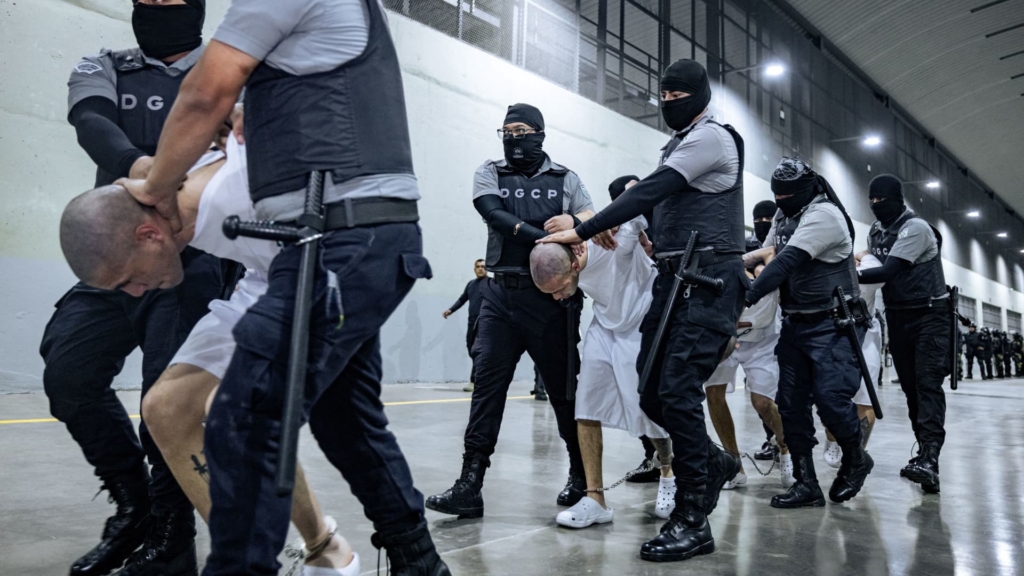On Thursday, the Supreme Court upheld a lower court’s ruling mandating that the Trump administration “facilitate” the return of Kilmar Abrego Garcia, a Maryland resident who was wrongfully deported to El Salvador, where he is currently imprisoned.
In its ruling, the Supreme Court instructed a Maryland federal district court judge to clarify an order issued recently that directed the administration to “effectuate” Garcia’s return.
The same decision requires the Trump administration to prepare to share information regarding the steps it has taken and any further measures necessary for his potential return.
Despite recognizing that Garcia was subjected to a withholding order that prohibited his removal to El Salvador—and that his deportation was therefore unlawful—the Trump administration opposed the order for his return, as noted in the Supreme Court’s findings.
This ruling marks a significant rebuke against the administration’s stance, which has prioritized the forcible deportation of alleged gang members since President Donald Trump’s return to office.
In a separate case on Monday, the Supreme Court ruled that the administration could resume using the Alien Enemies Act to seek the deportation of alleged members of the Venezuelan gang Tren de Aragua to El Salvador.
However, a win for civil rights advocates came as the court stated that individuals facing deportation must be given the opportunity to contest their detentions by U.S. officials and challenge the implementation of the act in their cases.
Garcia was taken into custody by Immigration and Customs Enforcement (ICE) agents on March 12 and deported just three days later.
The Justice Department attributed his deportation to an “administrative error.” However, its lawyers also claimed that Garcia was affiliated with the notorious MS-13 gang, which the U.S. has classified as a foreign terrorist organization.
Garcia’s legal team, on the other hand, refutes these claims, asserting that he has resided in the U.S. for a decade without facing any criminal charges.
In an unsigned opinion issued on Thursday, the Supreme Court underscored that the district court’s order rightfully requires the government to “facilitate” Garcia’s release from Salvadoran custody and to ensure that his case is processed as if he had not been unlawfully deported.
The Supreme Court remarked on the ambiguity of the term “effectuate” in the district court’s order, cautioning that it may extend beyond the district court’s jurisdiction. It called for clarification of the directive, while emphasizing the deference owed to the Executive Branch in foreign affairs.
Justice Sonia Sotomayor, who was joined by Justices Elena Kagan and Ketanji Brown Jackson, noted in a statement that the government has yet to provide any legal justification for Garcia’s warrantless arrest, his deportation, or his detention in a Salvadoran prison. She reiterated that a 2019 Immigration Judge’s order expressly barred Garcia’s removal due to a “clear probability of future persecution” he would face in El Salvador.
Sotomayor criticized the government’s response to its own “egregious error,” characterizing it as merely an “oversight.” She also emphasized that the government’s argument, which posits that U.S. courts cannot provide relief to deportees once they have crossed the border, is fundamentally incorrect.
This is breaking news. Please refresh for updates.


























